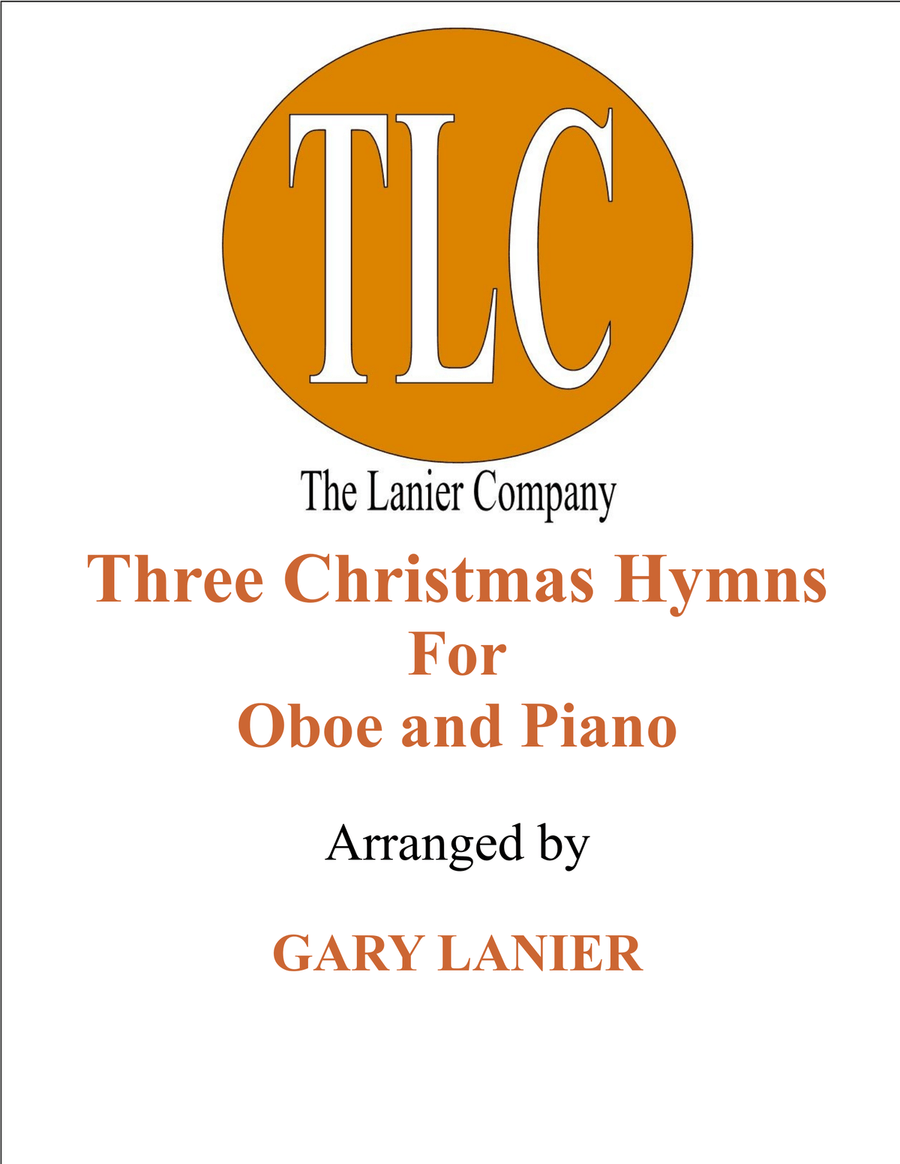Composed by FELIX MENDELSSOHN, American Folk Song, FRANZ GRUBER. Arranged by Gary Lanier. Christian, Contemporary Christian, Gospel, Praise & Worship, Christmas. Individual Part, Score, Solo Part. 30 pages. Published by The Lanier Company (S0.78655). - Individual Part,Score,Solo Part - Christian,Contemporary Christian,Gospel,Praise & Worship,Christmas - The Lanier Company
